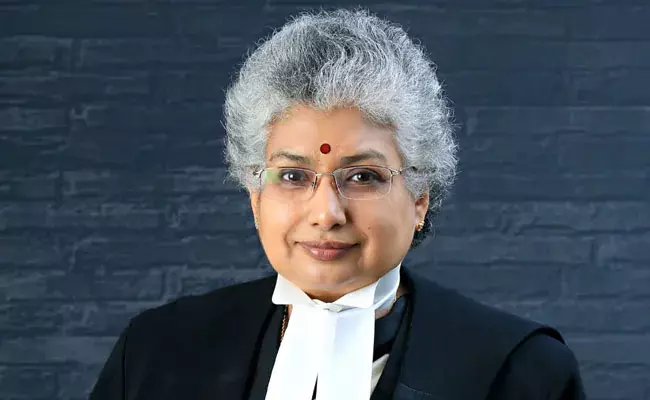Our Colleges and Universities Are Indispensable to Our Liberal Democracy:Justice BV Nagarathna
Gyanvi Khanna
9 Aug 2023 6:21 PM IST

Next Story
9 Aug 2023 6:21 PM IST
Supreme Court Judge, Justice B.V. Nagarathna delivered the presidential address at the 12th Convocation and Founder’s Day of O.P. Jindal Global University. It was titled: ‘Nurturing our constitutional culture, a high-calling for universities.’At the outset, she congratulated the graduates for going through the academic rigor. Our Colleges and Universities Are Indispensable to Our...
